Black Kitchen Utensils And Takeout Containers (Are They Safe?)
We may want to think twice about our black kitchen utensils and takeout containers. After reading and researching the safety of these items, I realized we might need to rethink what we are using or what is safe to reuse in our kitchens. Are they safe to use? Please keep in mind that I am not a microbiologist or scientist. Let’s talk about these items today.
We have one of the best Chinese restaurants in northern Utah, the Mandarin, a beautiful place to eat. You have to get there half an hour before it opens, or you will have to wait about two hours to get a table. I’m not very patient when I’m hungry and waiting outside in the cold in Bountiful, Utah.
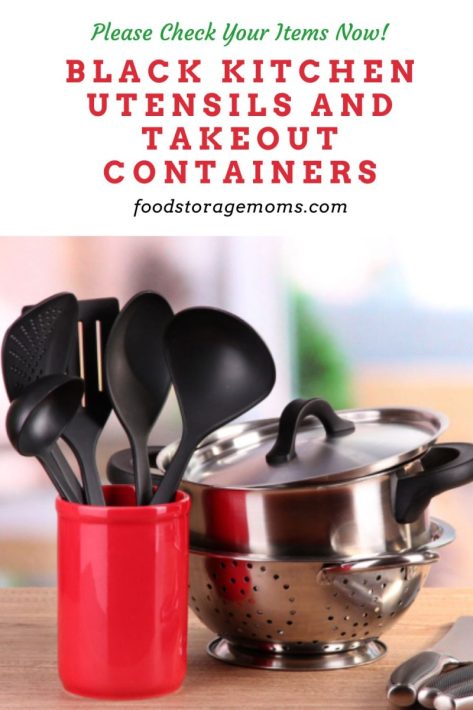
My point today is that some restaurants, when you get take-out food or doggy containers for your leftovers, have excellent white paper containers, but some have these black plastic containers with clear tops. Recent social media attention has focused on studies indicating that black plastic products, including black plastic containers and the black utensils used to fill them, may be toxic. Let’s discuss this issue so you can make informed decisions about dealing with these plastic products.
Stainless Steel Kitchen Utensils
Black Kitchen Utensils And Takeout Containers
I spend much of my day in the kitchen and have done for years. We’ve collected many kitchen-specific tools to make meal preparation, food storage, and meal serving much more effortless. I tend to take each of those tools for granted, including where I got them, how to use them, and how to take care of them.
I watch use-by dates, expiration dates, and the general condition of food products in my refrigerator and freezer to ensure our food is safe.
It wasn’t until recently that I heard there may be some unnecessary toxic exposure for me and my family when I use items made from black plastic. What is the history here, and how should we respond to various studies to determine potential health risks and minimize those health risks in our homes?
Exposure to Toxic Chemicals
Studies in recent years have shown that black plastic often contains toxic flame retardants. A key element in these plastic items is bromine, which is used to make brominated flame retardants (BFRs). BFRs are added to products like plastic electronics since these products generate heat that could make them more flammable.
The BFRs have proven to be cancer-causing chemicals that can also affect brain development in younger people, along with other health issues.
Although the use of these toxic flame retardants has been banned in the U.S. since 2021, many black plastic items still contain flame retardant chemicals due to plastic recycling issues and because we have older items in the kitchen. We all would like to see a reduction in plastic waste currently filling our local landfills, and we try to do our part by recycling these products.
The challenge comes when the recycling facility mixes plastic electronics with other materials. Thus, the manufacturers aren’t adding hazardous chemical materials; they are receiving contaminated plastic through regular supply chains. Many modern electronic devices like laptops, PCs, headphones, and TVs use plastic to save money and weight and don’t tend to heat up as much. That’s why we see so many devices in our landfills and recycling centers when they wear out or become obsolete.
Many recycling facilities try to restrict black plastic from household items. Still, the carbon used to color the plastic black limits the sorting equipment’s ability to recognize it as plastic, so it gets mixed with plastic electronics.
Black Plastic Silverware
Many food connoisseurs are alarmed by a recently published article in Chemosphere. The article outlines many black plastic objects that could prove harmful to your health. The items they found that tend to have high levels of harmful chemicals are common black plastic items in your household, like plastic silverware, children’s toys, black food trays, black plastic kitchen utensils like spatulas, and even a sushi tray from your local restaurant.
You may wonder why children’s toys can be an issue since there isn’t any ingestion. The challenge comes from the kids having continual contact with the toys for hours, their hands getting hot and sweaty, and then putting their fingers in their mouths. The risk may seem slim, but tests as part of international studies have shown a transfer of the harmful chemicals through children’s regular play as they leach onto their skin and then mix with saliva.
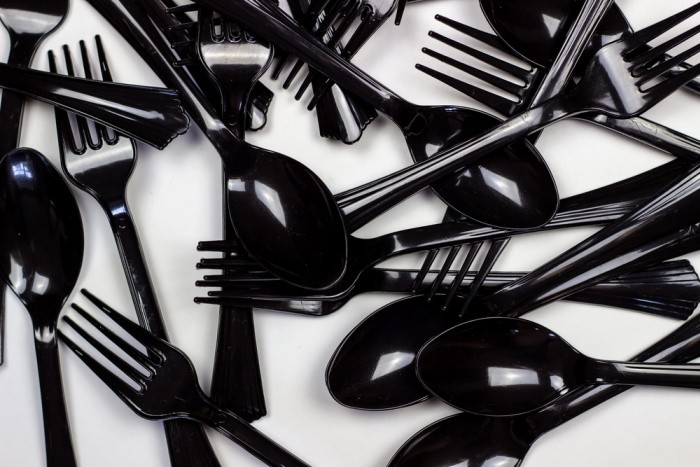
Black Containers For Meal Prep and Food Delivery
This post should serve as a warning to use caution when any of your food is exposed to black plastic, including black containers used to serve food in any venue. That would include school cafeterias, buffet lunch settings in delis or grocery stores, or when taking home restaurant food items.
If you are given a black food container to take your food home, be sure to transfer the food to another container as soon as possible. Since heating the food in that container as a leftover can cause it to absorb harmful chemicals, never use the black container to reheat the food.
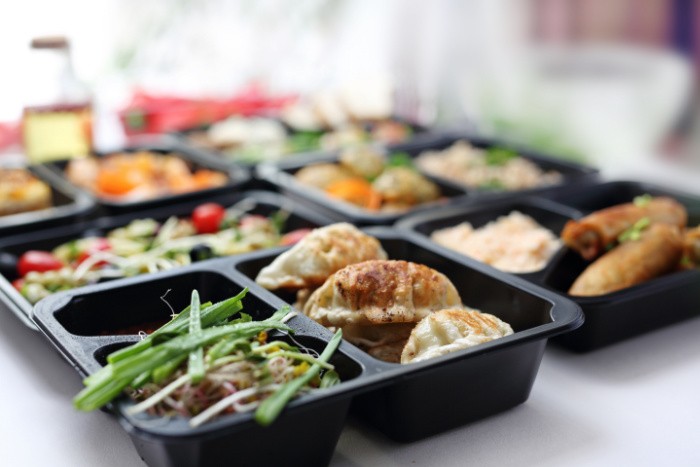
Black Kitchen Utensils In Your Kitchen
We’ve had our food prep and serving utensils for years. Some are white or grey, but we have black pancake turners, large serving spoons, and spatulas, similar to the picture below. We’ve ordered new items from Amazon for delivery this week, so we don’t have to use household items that may contain carcinogens. We’ll throw these items out with the trash rather than putting them in our recycle bin since we don’t want to pass our possibly contaminated items on to anyone else.
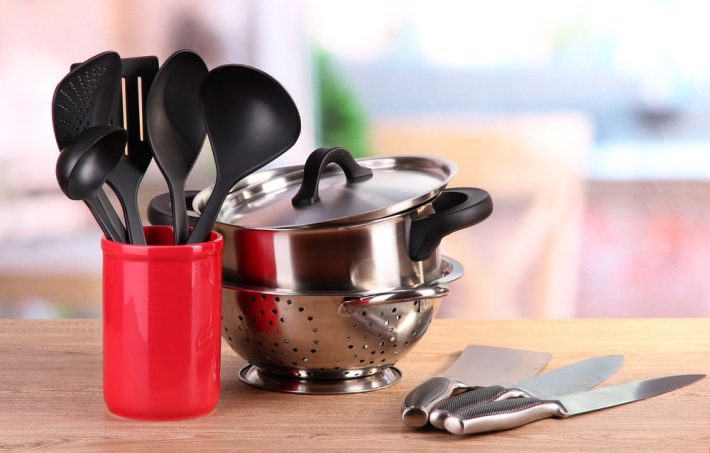
What Are Some Good Options As Replacements for These Black Plastic Items?
I’ve been telling my readers for years to look for BPA-free containers. Many plastic containers will state they are BPA-free and will provide a rating number on the bottom. Most clear plastic containers should be BPA-free, but if you have questions, check with the manufacturer before you make any significant purchases.
An option is to consider shifting your storage containers to glass. They are definitely BPA-free, can be used in your freezer, work well when reheating with a microwave, and more. Yes, there are issues with breakage, but the benefits outweigh the downside, from my perspective.
Some well-known and respected brands to prioritize your purchases are:
- Anchor Hocking
- Ball and Kerr (mason jars)
- OXO
- Rubbermaid
- Pyrex
Final Word
I hope you enjoyed my post about black kitchen utensils and plastic containers today. I love learning new things and feel strongly I need to share this information with you. May God Bless this world, Linda
Copyright Images: Black Containers For Meal Prep AdobeStock_310237485 By Foodandcook, Black Plastic Forks and Spoons Depositphotos_289653442_S By VladislavChusov, Black Kitchen Utensil On Table Depositphotos_20165599_S By Belchonock


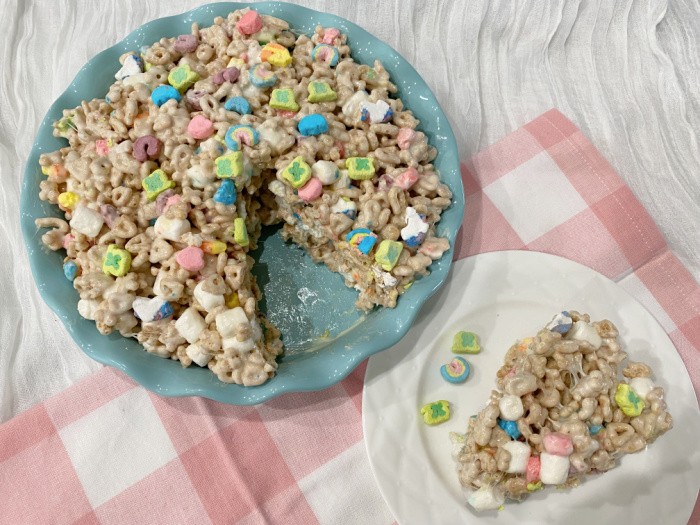
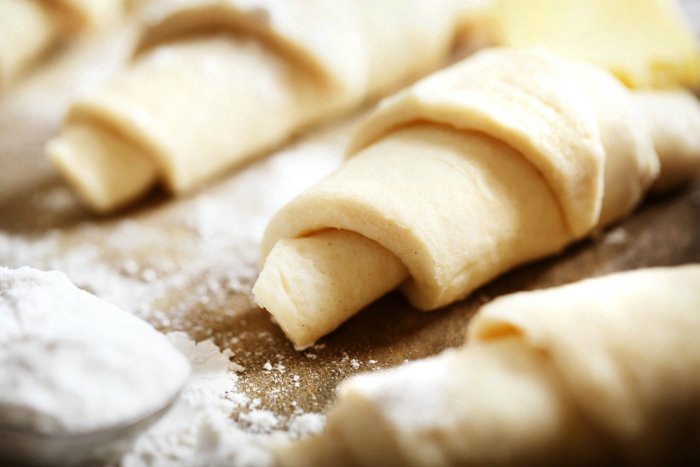
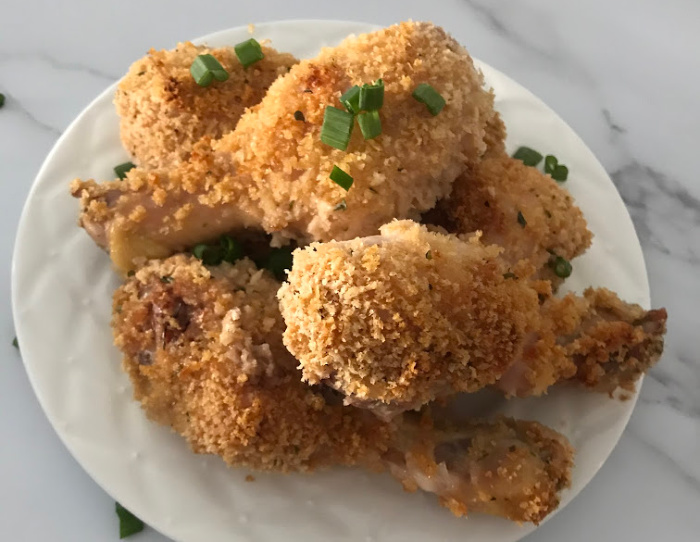
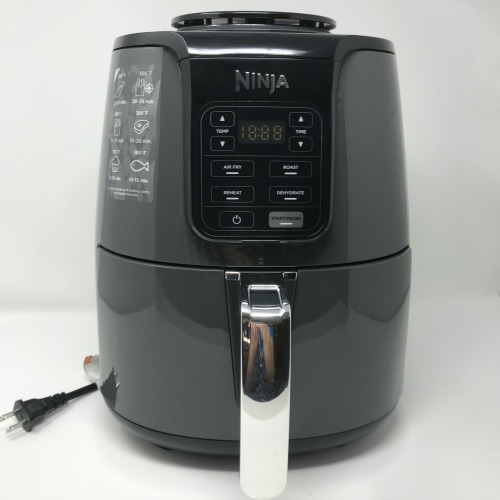
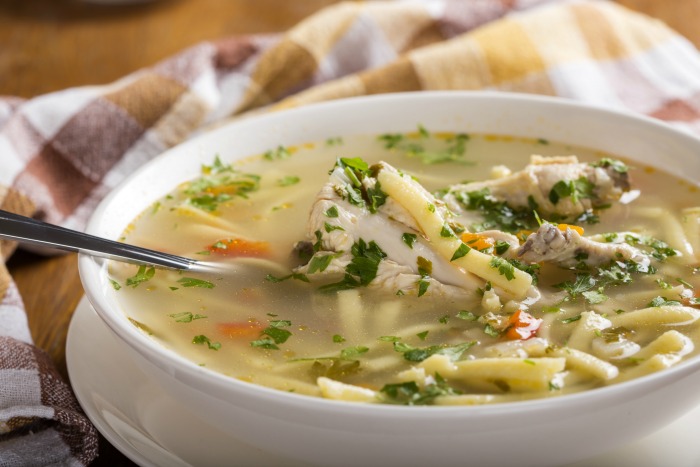
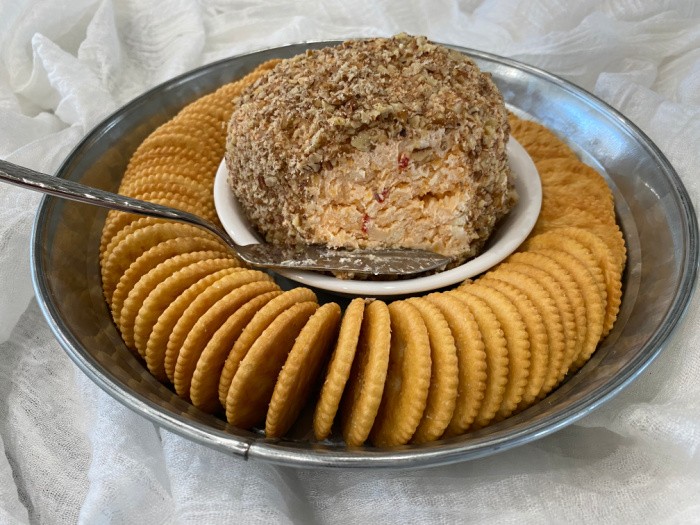
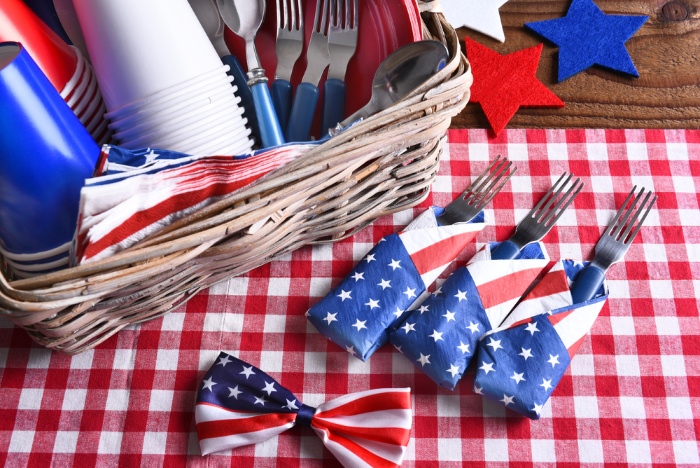
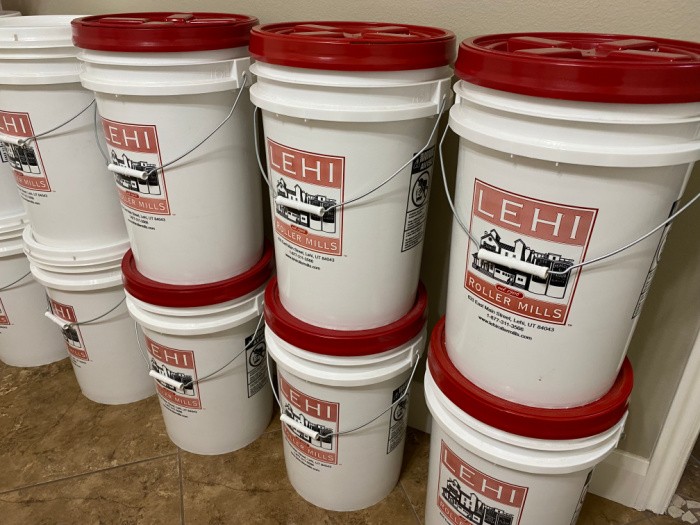
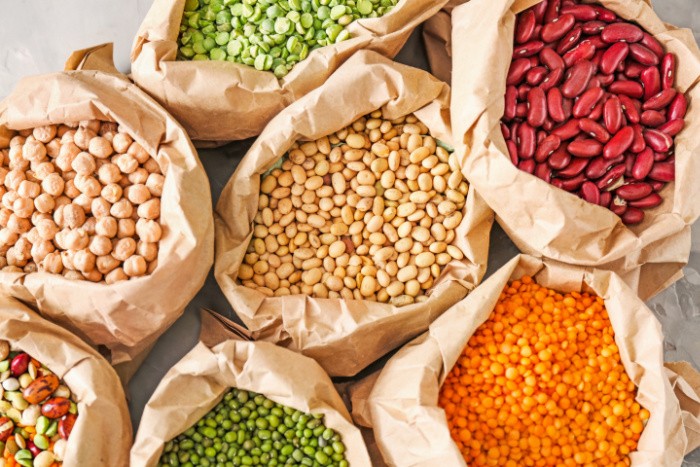
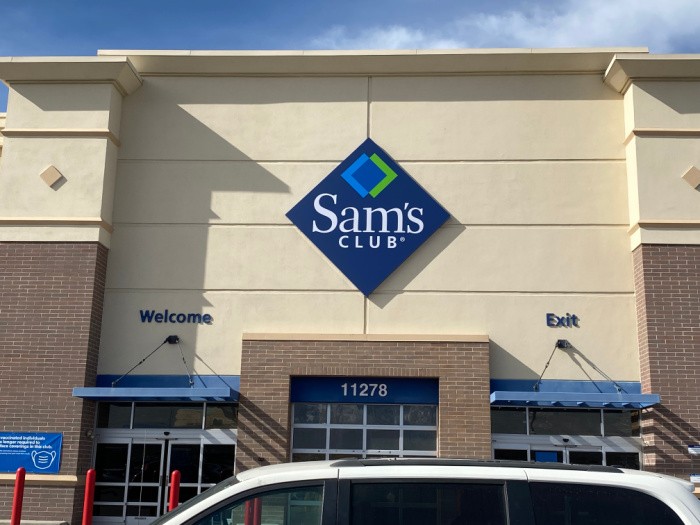
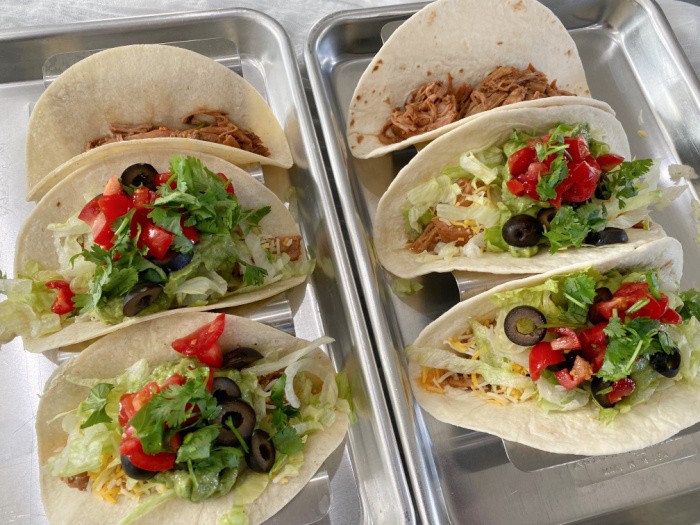

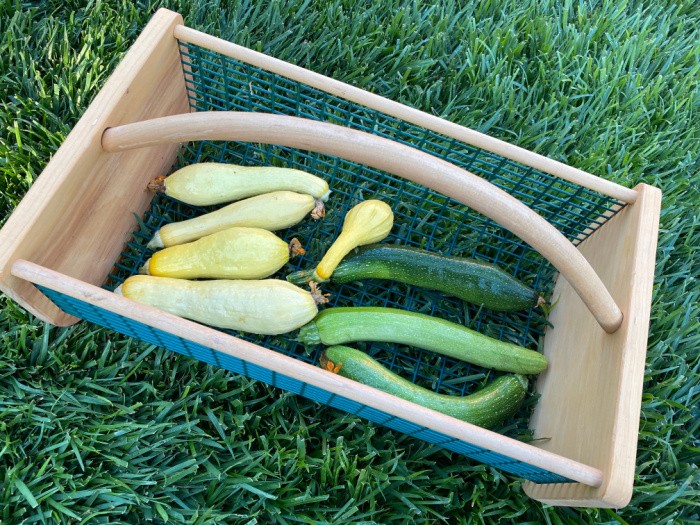
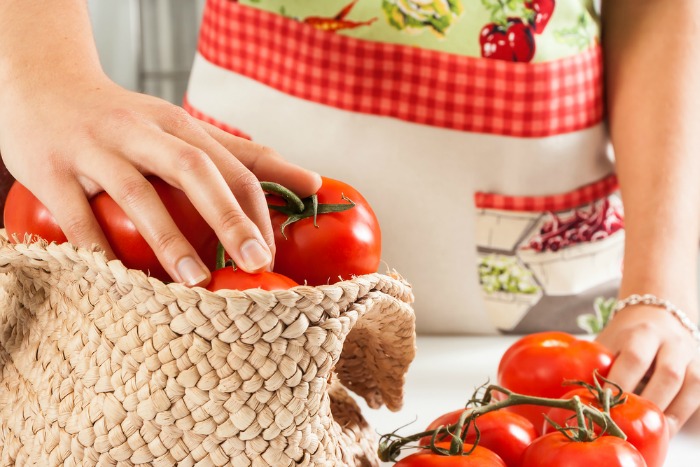

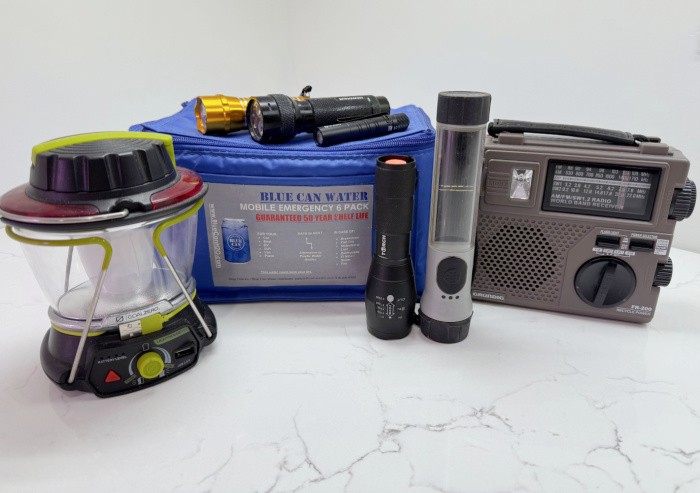
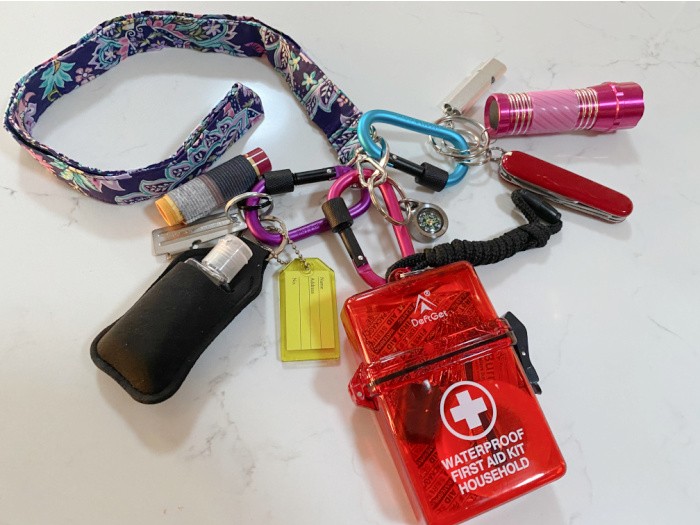


When you say plastic cooking utensils , do you mean the black silicone utensils? I don’t see anything labeled plastic. Are the white and grey silicone okay to use?
Love your newsletter!
Barbara
Hi Barbara, thank you for your kind words, my sweet friend! You know I was wondering the very same thing about the black silicone or gray silicone items I have. There must be something in the black (possibly gray because it takes black and white to make gray). I have several gray kitchen utensils and I’m going to toss them. Are they okay, I don’t know. Better safe than sorry. The other thing is I can use stainless steel items which I have many but not on some of my pans. Then I started thinking oh my gosh, I have been poisoning my family without knowing it. So many of mine are older and they may have changed the formula, but will anyone tell us? Plus we have not been told to NOT recycle black plastics, this is scary. What a mess, right? I wish I knew, but I am going to replace my gray ones, with white silicone ones to be safe. Linda
Barbara,
Silicone is not readily recyclable. There are a lot of factors involved but I would not be concerned about silicone utensils. The information I have seen addressed hard plastics which are much less expensive than silicone.
Hi Harry, I have to agree with you, silicone should be fine. We are talking about hard black plastics. Linda
Linda,
Great article on a serious problem. I have seen other articles recently referencing this problem. We have thrown out our black plastic utensils and replaced them with stainless steel and good quality white plastics. We also do like your suggestion to transfer takeout food to our glass refrigerator containers when we get home. And, as you suggested, all of the above black plastic items are disposed into trash rather than recycle to prevent them being recycled into other toxic products.
For those who want more info on this, here is a link to one of the articles I mentioned above: https://www.foodnetwork.com/healthyeats/news/throw-away-black-takeout-container-kitchen-utensils
Folks, this is like many other issues, we have to protect ourselves. No one else will. And, a big thank you to all of our veterans. God bless you as well as those military men who have gone on to their eternal reward.
Hi Harry, thank you for the link you shared and suggesting I write about this issue. I had no idea. This is so critical that we are made aware of the danger of these black plastic items. I love your statement about our wonderful veterans, May God bless them and their families. Linda
Wow! Live and learn. Virtually all of my utensils are black, and have been for decades, so I’m going shopping.
Hi Ray, I just bought some white silicone spoons and pancake turners. Mine were pretty dinged up anyway. Life is good, Linda
Heard the same chemical story bout the old red n white water jug I used for decades. Heard the same bout Tupperware. Heard the same bout water bottles. Heard the same bout pans we cook in.
Yall gonna be telling me the same bout my Glock next
Matt, you are okay as long as you don’t eat your Glock. LOL
Hi Harry, oh my gosh, I have the gigles so bad now! Good one! Linda
Hi Matt, oh you are so right, I remember the Tupperware, the Corningware casserole dishes (with lead), the old pans with “Teflon’ I think. I kept thinking this stuff is chipping off the pan, it can’t be safe. Yep, it was poison. I have the giggles over the glock, what color is it? Just kidding! I can’t stop laughing, you make my day! Lindaa
Well, great. I just bought a big box of containers from Costco. You guessed it… black bottoms and clear tops. Now I have to throw them away. Shoot. They were the perfect size and everything.
Hi Robbie, my daughter just bought a box as well. I told her to use them and next time buy clear bottoms and tops. She’s been using them for months, 50 more will be fine. Live and learn. You decide what is good for you. Linda
Any thoughts on our collection of Red spatulas, cooking spoons and soup ladles??
Hi Chris, I bet your red ones are silicone. It’s the black plastic that is the issue. I love red! Linda
Microwave ovens are bad. Pasteurized milk (as found in the grocery store) has been linked in some studies to cancer and autism!!!!!!!! Artificial sweeteners have all sorts of problems linked to them……. Most processed foods here in the USA have chemicals banned in other countries due to health. Glysophates (Round-Up) has been linked to cancer yet it is still sprayed on our food. The list of health hazards out there is huge.
HI Tami/TX, I’m glad you brought up these other issues. We have the sickest humans in the world, if I heard that right on the news. I moved up north in Utah and the pollution is really bad that I have to breathe. There really is a huge list of health hazards. Great comment, Linda
And I didn’t even mention hair dye!!!!!
Hi Tami/TX, oh the list could go on and on, good one! Linda